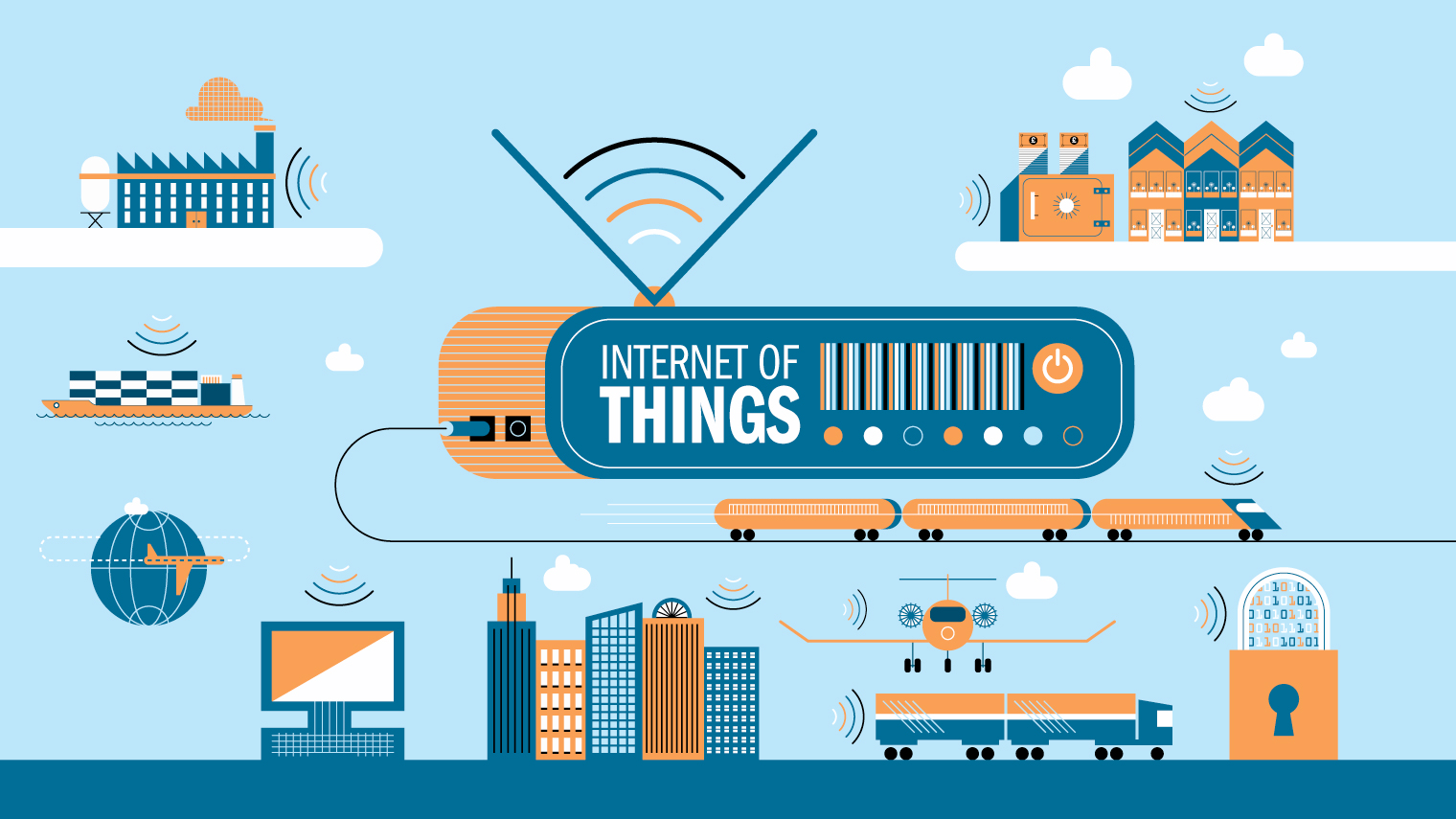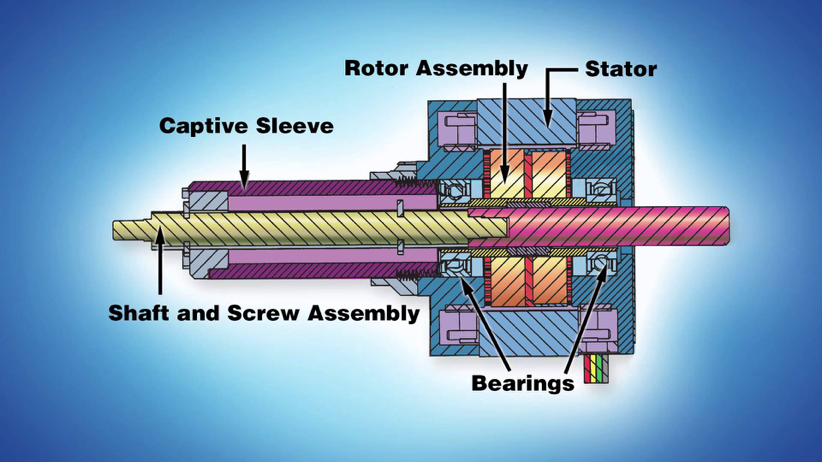Why linear actuators, decades old technology, are important to the Internet of Things

Before we explain why linear actuators are important to the internet of things, first let’s discuss what the heck a linear actuator actually is. A linear actuator is a piece of equipment which is used to create movement in a straight line, to stand in opposition to the more conventionally accepted rotational movement of a motor. The linear motion thus created can be used in a variety of appliances which require back and forth movement over the rotational movement of a motor, such as a window or a lift of some sort. The actuators can come in all shapes and sizes, which is part of their selling point: there is obviously a need for the shaft and the motor to be included, which does limit the shapes that actuators can be, but there is so much customization available that even that can be changed if required – motors can be attached to the side of the shaft versus the end, and so on, while the actuators can be controlled directly or remotely, as the owner chooses for themselves.
Actuators come in a variety of sizes according to the jobs which they can be used for, as industrial actuators will necessarily quite often be larger than their counterparts in home automation. According to actuatorzone.com linear actuators are tools which have been incredibly useful in all sorts of industries, because of their unique qualities – the back and forth movement is of course a huge selling point, but linear actuators offer a huge degree of control over their workings that are not seen in other types of motor. Similarly, linear actuators can offer a huge degree of both accuracy and delicacy in their workings, which other pieces of equipment can’t.
Linear actuators are not new in themselves, as seen by the huge number of different varieties which are available, but electric actuators are. Electric actuators have been what has revolutionized the abilities of actuators when it comes to their strength, speed and durability. This is a result of a combination of factors: an electric actuator has fewer moving parts than other types, resulting in it being both lighter, and less liable to breakdowns.
They are also more easily controlled than other types of actuators, meaning that they can be used in far more delicate appliances than would otherwise be possible, such as TV lifts, where care has to be taken to avoid any damage being done to the TV. As a result of a linear actuator’s unique qualities, they have been eagerly incorporated into a number of different industries, and tools within those industries, as well as various parts such as disc drives, valves, printers, and more. The actuators can come in different flavors, including hydraulic, mechanical, and electric actuators.

The Internet of Things
The internet of things has only recently come into being, but it is something which promises to change the way in which we approach our homes, and the automated technology to be found in them. While we currently can claim to be able to control these automated processes through a variety of means (both local and remote), the interaction is one which only exists in one direction; the appliances are there to be controlled, not the other way around. The internet of things allows for this interaction to take place – now appliances can directly talk to the homeowner (or to the device used to control the home automation used in the house), and give them up to date advice on what is going on.
The usual example given of this is a fridge being able to communicate when certain foods are going to go out of date, or when they need to be replaced, but the internet of things can extend beyond that. Think of lights which can tell a homeowner when they are about to burn out, or a home security camera which can alert the homeowner to some unusual activity.
Linear Actuators and Their Place in the Internet of Things
Linear actuators have a huge part to play within the internet of things, in part because they are part of so many different home automation projects. To take home security for one example, the internet of things will allow for many systems to actively alert the homeowner if something happens to trip the sensors which are linked to the system. When this happens, perhaps with an accompanying video of ongoing footage, it may become possible for a homeowner to use the linear motion systems which are part of the cameras (linear actuators as a mount for cameras makes them more moveable, and able to cover a far greater degree of the property than would otherwise be possible), to move the cameras around and gain a better understanding of the situation.
Conclusion
Linear actuators have a lot to offer home automation in the era of the internet of things, particularly as it pertains to the ever-increasing needs of home security. Linear actuators act to expand the range of motion which is available to automation which has moving parts, something which will enable great things in future home automation that has the greater interactivity which is promised.